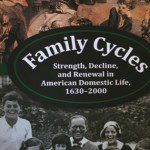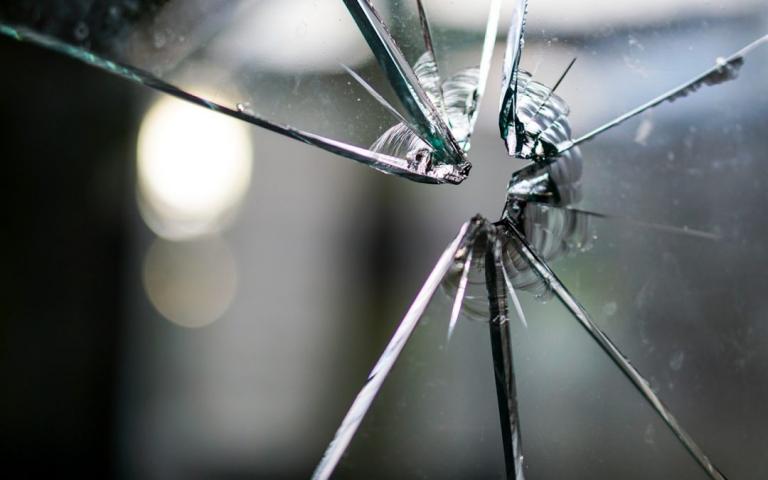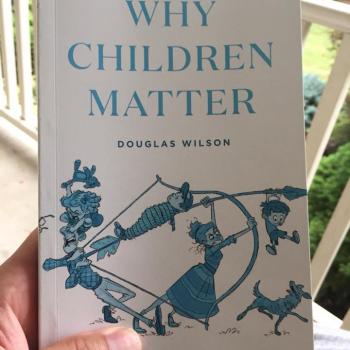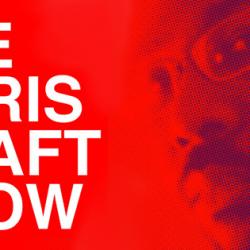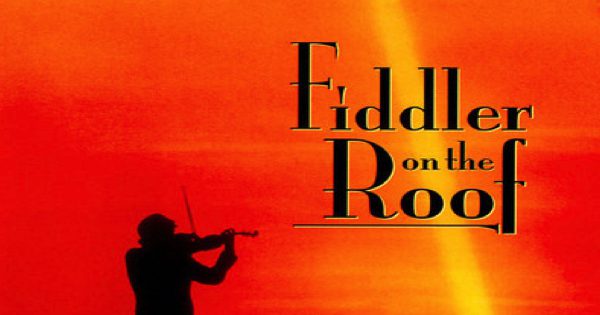
Years ago, as I was leaving a live performance of Fiddler on the Roof, I turned to my wife and said something like, “Romantic love has destroyed the family”. I noticed the guy behind her giving me the evil eye. I had blasphemed.
I assume the fellow had seen a different musical than I had. He had witnessed the passing away of a benighted world; I had witnessed a lament.
In the opening of the musical we see a world ordered by tradition: men, women, and children all work together, serving their families and perpetuating the covenant given to Abraham. Each person understands his place. And the cords of tradition not only bind the living, they extend to both the past and the future. And even though Tevye amusingly wonders about the origins of some of the traditions, his faith in their rational and practical necessity is strong even in his ignorance.
The story seems to acknowledge two contemporary objections to a tradition-bound life: one, that it is rigid and stifling for individuals; and two, that it is an unfeeling way to live, leaving no room for human sentiments, and especially romantic love.
But the very image of a fiddler on a roof, keeping his balance while playing his tune, is intended to refute this charges. (Since modern people a bit dull when it comes to interpreting symbols, it isn’t surprising that most people miss this.) But then there is Tevye, the tender hearted patriarch who does his best to respond to the desires of his daughters. At the very least people should be able to see in him that these boilerplate charges are empty. But most people miss even this.
What the story actually reveals is the capacity of a traditional life to leave room for these things without destroying a community. Romantic love and individualism are notoriously unstable things. Unless they are bound, they will inevitably tear families and communities apart.
https://www.youtube.com/watch?v=6A2MBneb7lcIndeed, that’s what we see happen in Fiddler on the Roof. Tevye does his best to keep his balance, but at the end of the musical modernity has become a gale force wind. The fiddler is knocked off the roof. His third daughter goes too far and runs off with a Christian. When tempted to accept her choice Tevye cries, “No! If I bend that far, I’ll break!” Simultaneously the Bolshevism that his second daughter has embraced because of her revolutionary lover has broken up the political conditions that had made the life of the Jewish community viable.
Fiddler on the Roof is not a celebration of a new world, it is the aftertaste of a beautiful world that has been lost. Modernity has given us air-conditioning, but it has also taken away the living fire of tradition. It is up to neo-traditionalists like me to rekindle it.


